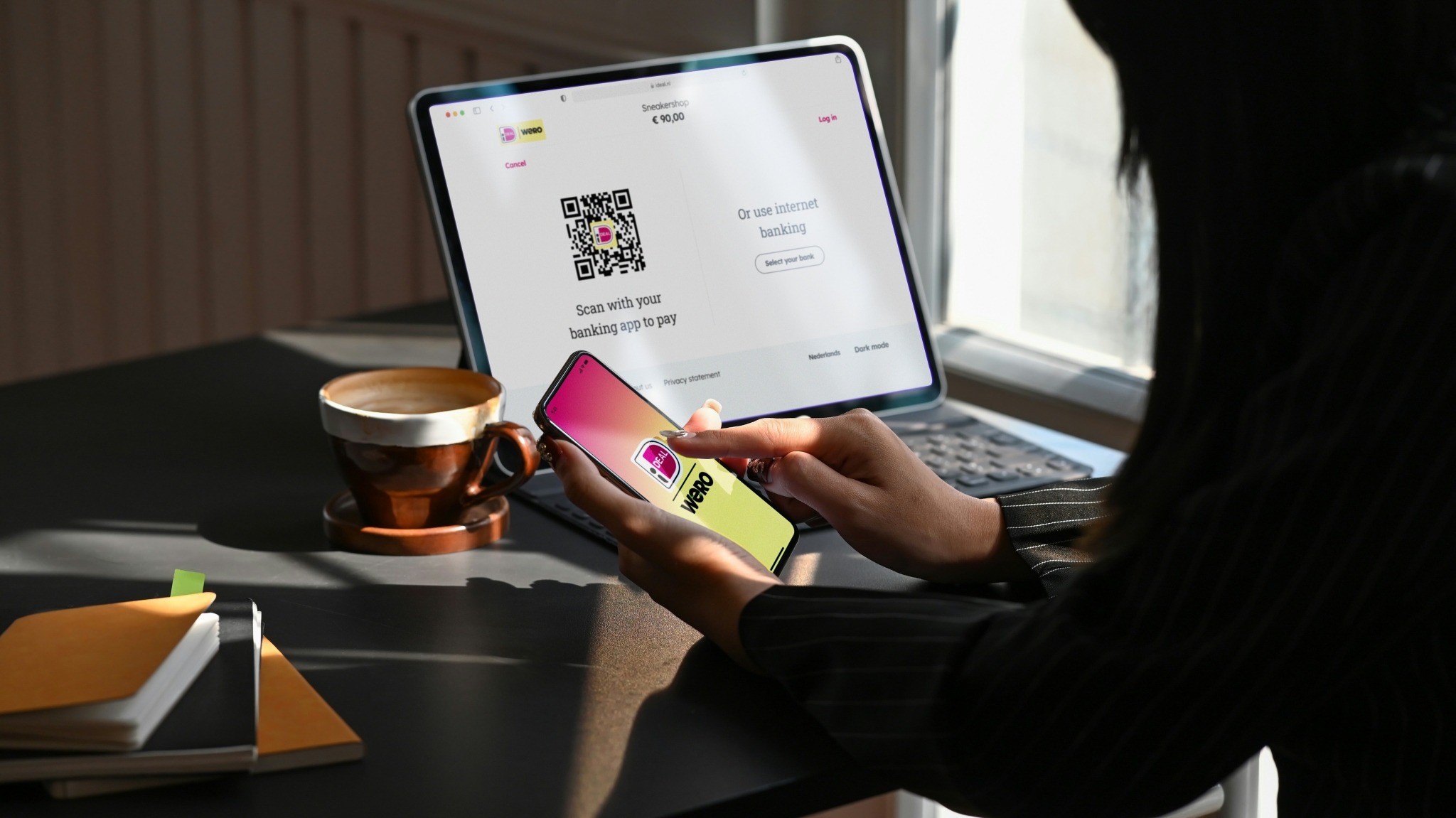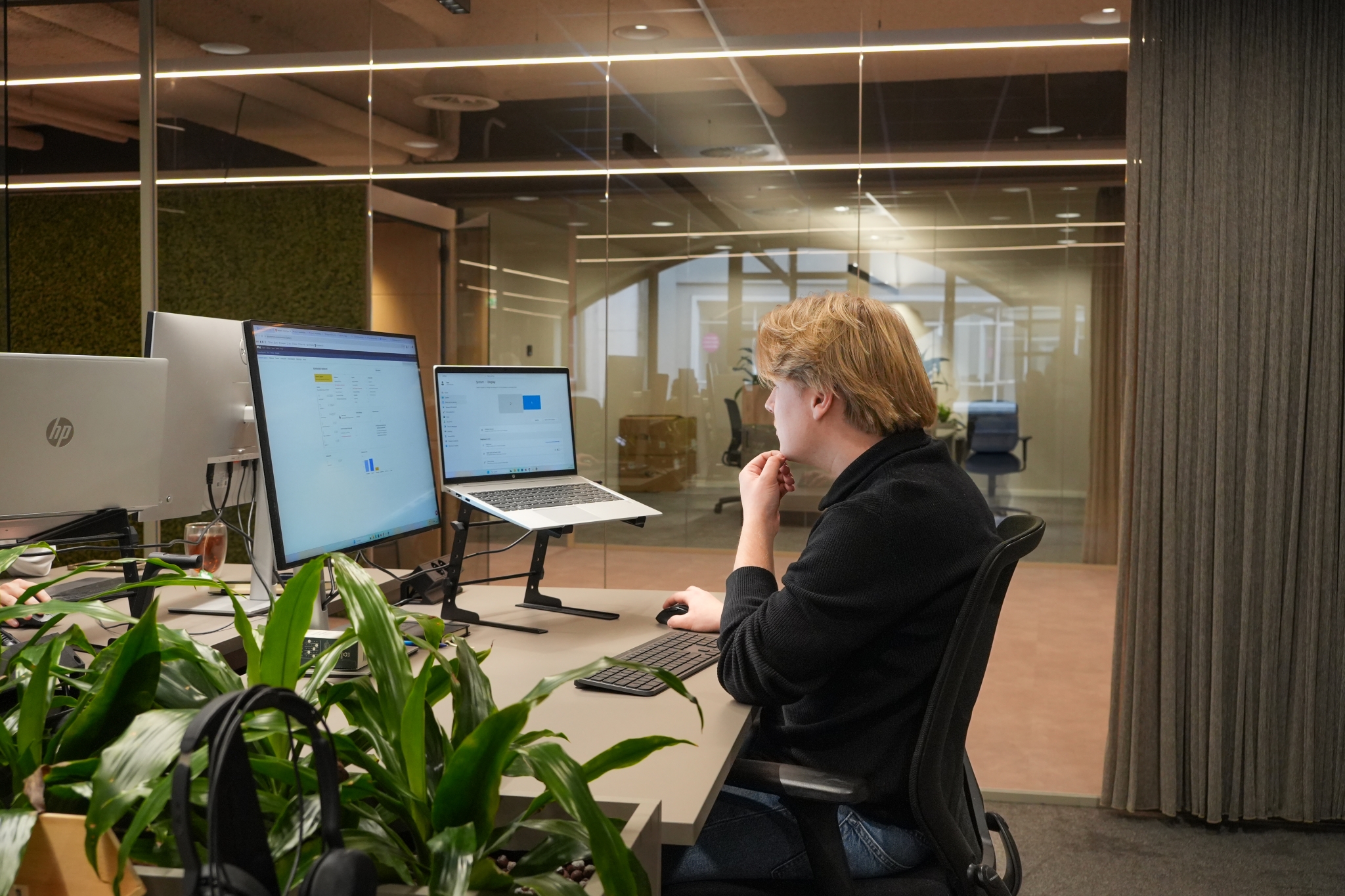One of the most common challenges faced by entrepreneurs is managing outstanding invoices. Cash flow is essential for your business’s financial health. However, following up on unpaid invoices can be a time-consuming task. With Payt’s credit management, this demanding chore is a thing of the past.
How to prevent outstanding invoices?
The best way to ensure invoices are paid promptly is by maintaining strict accounts receivable management. This means adhering to and enforcing agreed-upon or predefined payment terms. If a payment deadline has passed, Payt’s software automatically sends a payment reminder at exactly the right time.
Technological innovation can also help facilitate faster payments. To receive payments more quickly and easily, it’s important to make the process as convenient as possible for your customer. Reducing friction is key. Modern technology provides the tools to enable payments with just a single click.
In the Netherlands, iDEAL is the most commonly used online payment method. From our analysis of over 1.8 million invoices, we found that invoices offering payment via an iDEAL link are paid 9 days faster on average.
What to do about unpaid invoices?
Despite agreed payment terms and simplified payment methods (like iDEAL), exceptions will always occur. There are several reasons why a debtor might pay late. For instance, the invoice might end up in the inbox of someone without authorization, or the debtor’s financial situation might be causing delays. In some cases, working capital constraints lead debtors to intentionally delay payments. In the worst-case scenario, the debtor may face financial difficulties and be unable to pay the invoice at all.
For each situation, there is a solution. A consistent credit management policy helps identify and address these issues effectively.
Every type of non-payer has a solution to ensure eventual payment of the invoice. For example, if the debtor is facing financial challenges, a structured payment plan might be the answer. With Payt’s accounts receivable management software, you can offer payment plans alongside financing and robust follow-up processes. This allows you to stay in contact with the customer, offering flexibility for delayed payments.
For instance, you can agree to weekly or monthly installments, helping maintain your cash flow and liquidity. While the payment plan is active, the software will pause regular reminders or warnings to the debtor. This creates a win-win situation where both parties benefit.
At Payt, we believe the percentage of deliberate defaulters is minimal. Good accounts receivable management often involves identifying why a payment has not been made. Payt’s communication platform enables you to address these issues directly and find solutions together with the debtor. You maintain full control over the process without losing touch with your customers.
Automating the follow-up of outstanding invoices
As highlighted earlier, effective accounts receivable management is crucial in preventing customers from failing to pay or paying significantly late.
Payt’s accounts receivable software enables you to send invoices and reminders fully automatically. Payt consistently reminds your customers of their outstanding invoices, significantly improving their payment behavior. On average, our customers get paid 30-50% faster! Moreover, automating invoice follow-ups saves valuable time.
Payt also brings structure to your customer communication. Through the communication platform, customers can leave a message for each invoice, giving you quick insights into why a payment hasn’t been made. This allows you to make arrangements to facilitate payment.
In summary:
Payt makes it easier for customers to pay. Interested in exploring the software’s various features and discovering what Payt can do for your organization? Download our brochure below.






